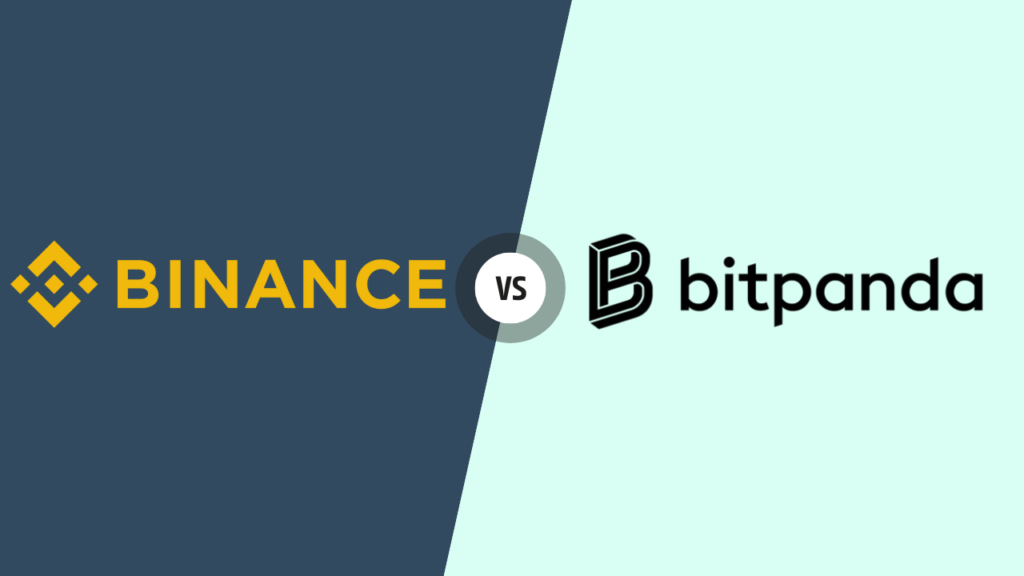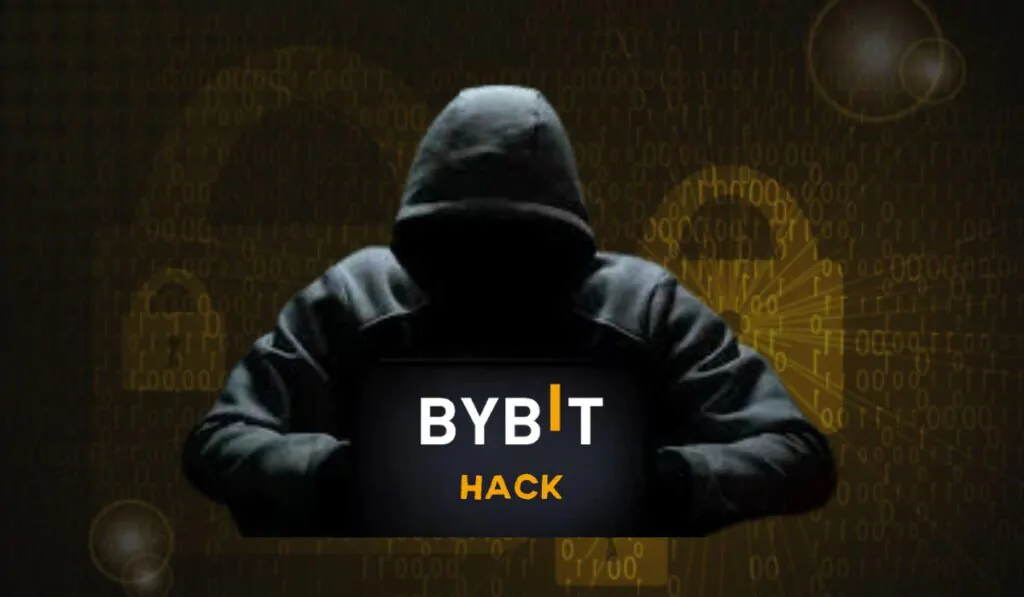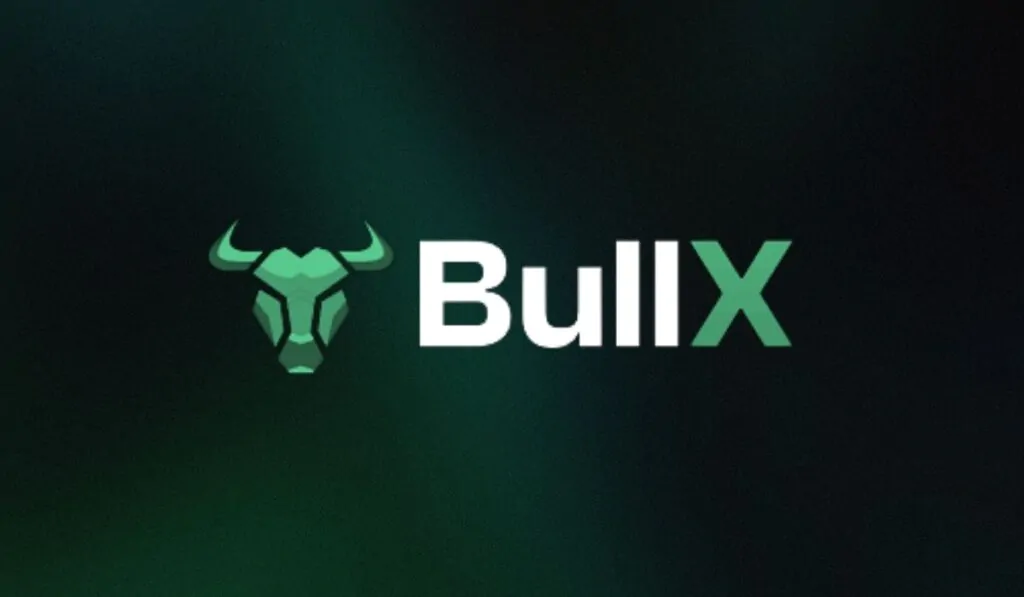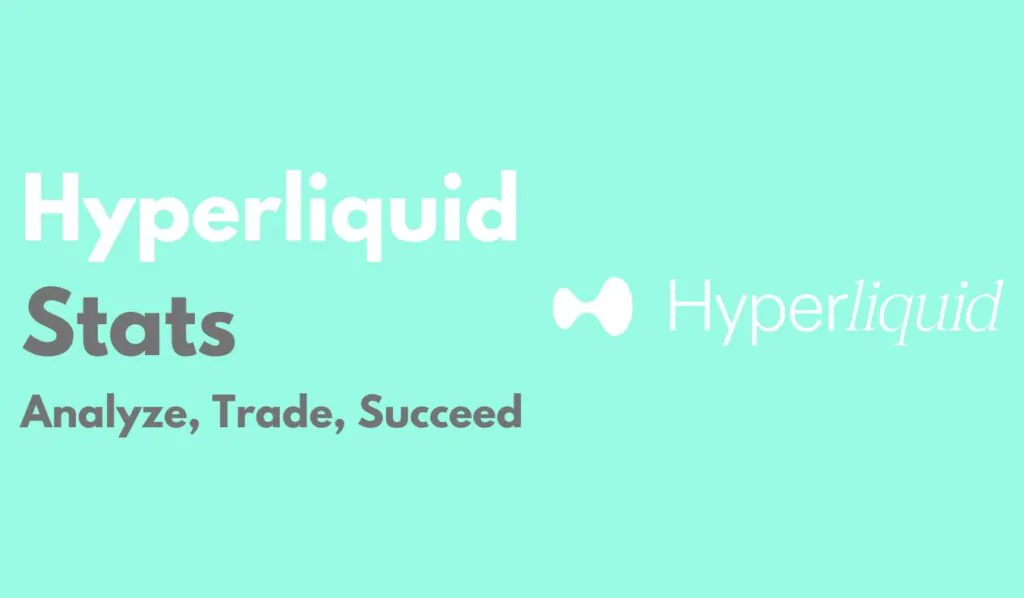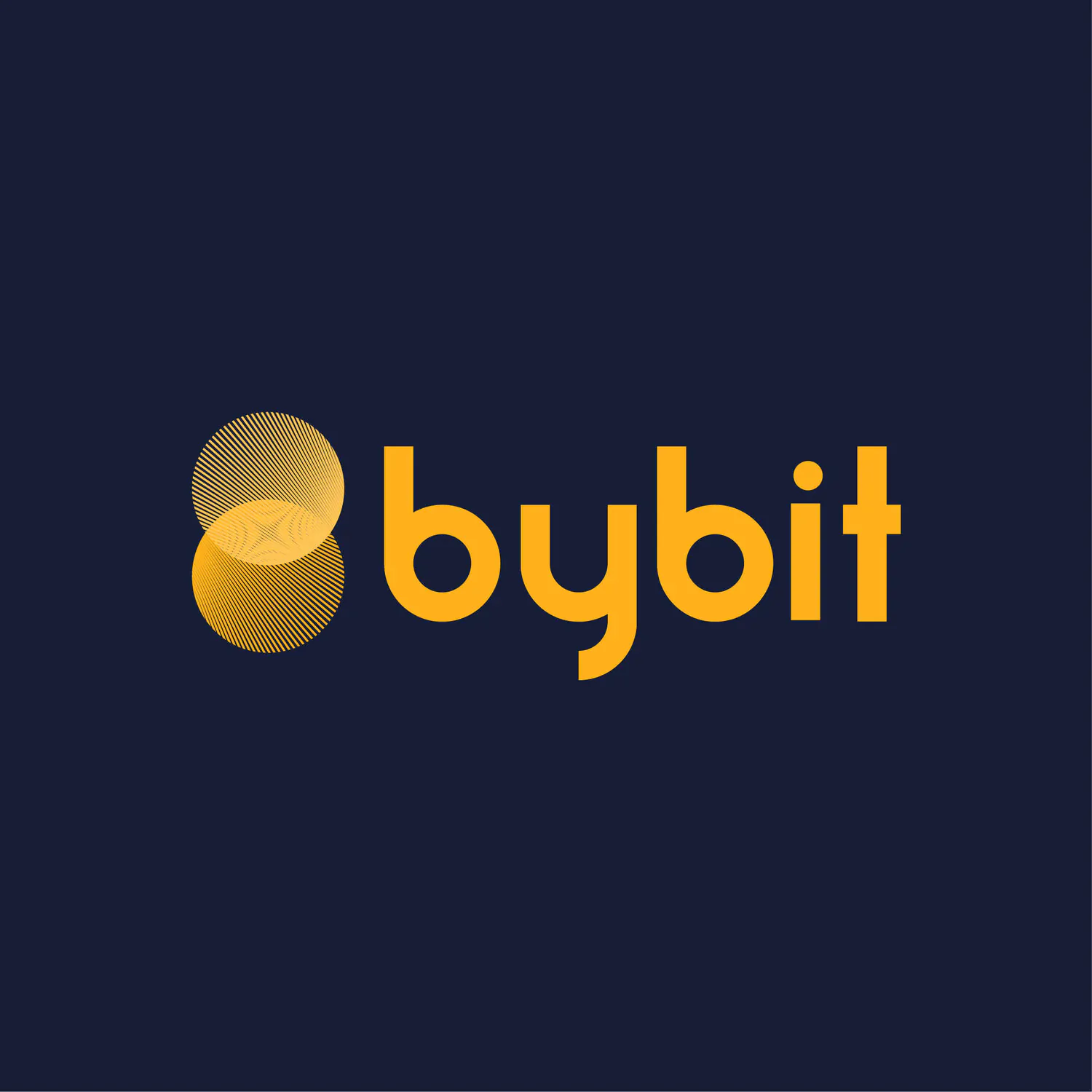Choosing the right crypto exchange can be painfully hard, having to deal with countless options. If you are looking for a side-by-side comparison between Bitpanda and Binance, you have come to the right place. In this Bitpanda vs Binance review, we will go over all the important factors that you need to know, such as features, fees, user experience, reliability, security, and more!
After this comparison, you will know exactly if you should go with Binance or Bitpanda for your crypto trading.
And if you are just interested in the end result: Binance is the clear winner! With lower fees, more tradable cryptos, better liquidity, higher leverage, and the most advanced features, Binance easily beats Bitpanda for everything crypto-related.
As always, we will start this comparison with a table where you can compare all key features at a glance.
Overview
Bitpanda was launched in 2014 by Eric Demuth and Paul Klanschek and is therefore one of the oldest crypto platforms. The platform is focused on the European market with its headquarters in Vienna, Austria, and 400 employees are currently managing over 3+ million customers. While Binance is primarily a crypto platform, Bitpanda also offers trading products aside from crypto. You can trade cryptos, stocks, ETFs, indices, precious metals, commodities, and leveraged tokens. Where Bitpanda stands out most is regulatory compliance and ease of use. The platform is very user-friendly and offers beginners a great way to step into the world of trading and investing.
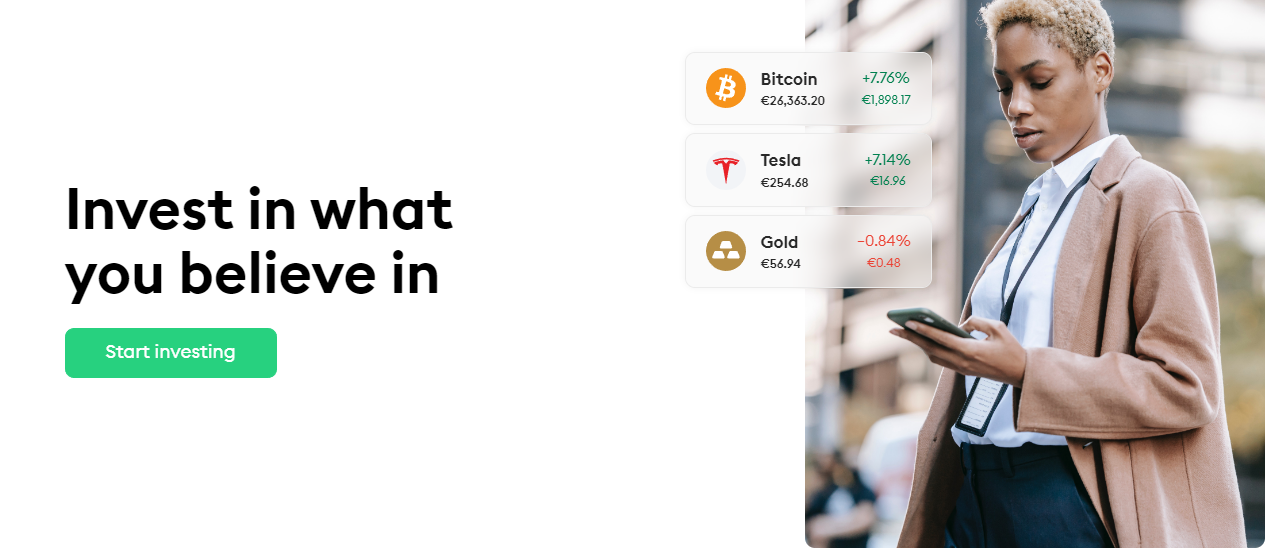
Binance is the largest crypto exchange in the world. Launched in 2017, by Changpeng Zhao, the crypto platform now employs over 6000 employees, with its headquarters in Dubai, to manage a whopping 100+ million users as of 2023.
Binance number 1 focus is everything crypto-related. You will find a wide variety of trading products such as a comprehensive spot and futures market, as well as crypto options trading. Furthermore, you can access various passive income products on Binance such as staking, mining, liquidity providing, crypto loans, and more.
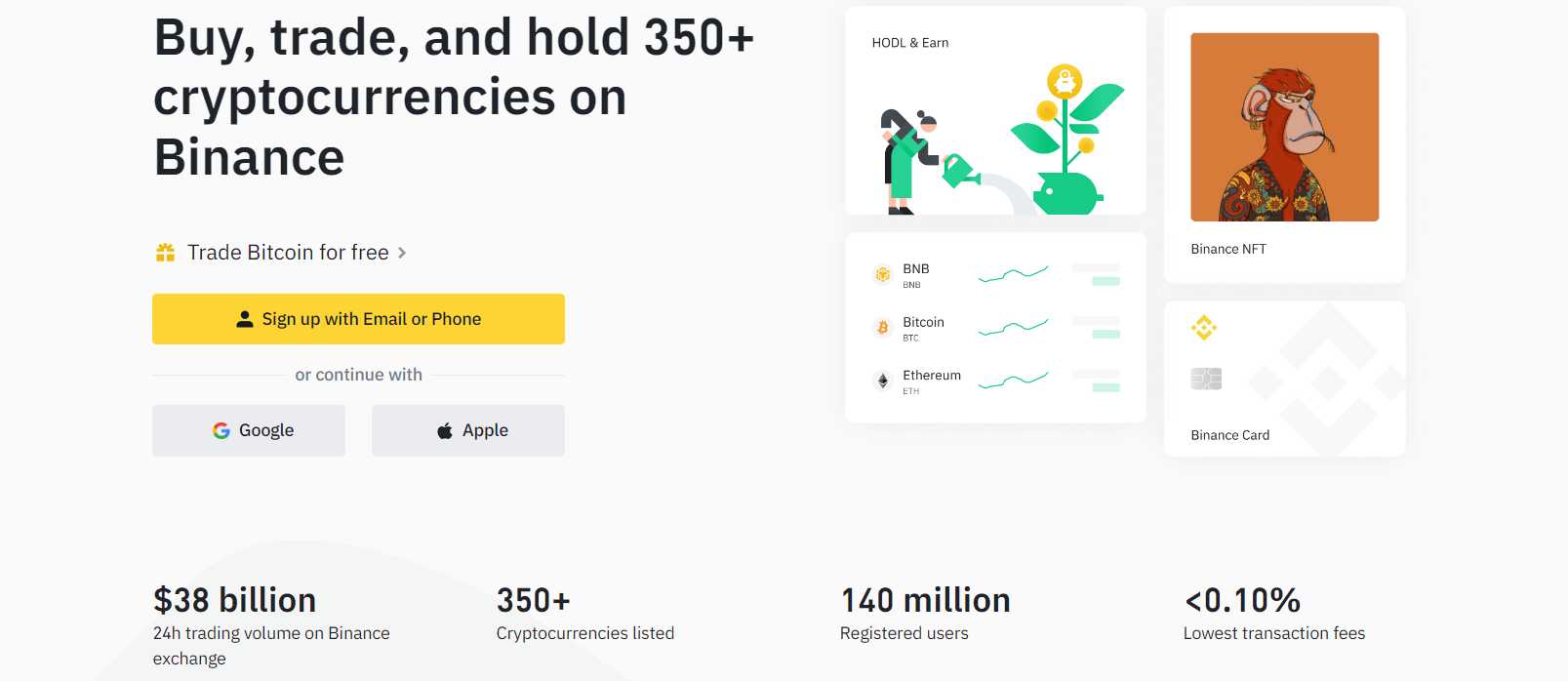
Trading on Bitpanda vs Binance
First of all, we must differentiate between Bitpanda and Bitpanda Pro. Bitpanda is mostly for passive investing rather than trading and supports over 100 cryptos. If you are interested in real trading, you must use Bitpanda Pro where you get access to real-time candlestick charts, a trading terminal, advanced order types, and an order book. The average daily trading volume on Bitpanda is only $5 million, making it not suitable for day trading.
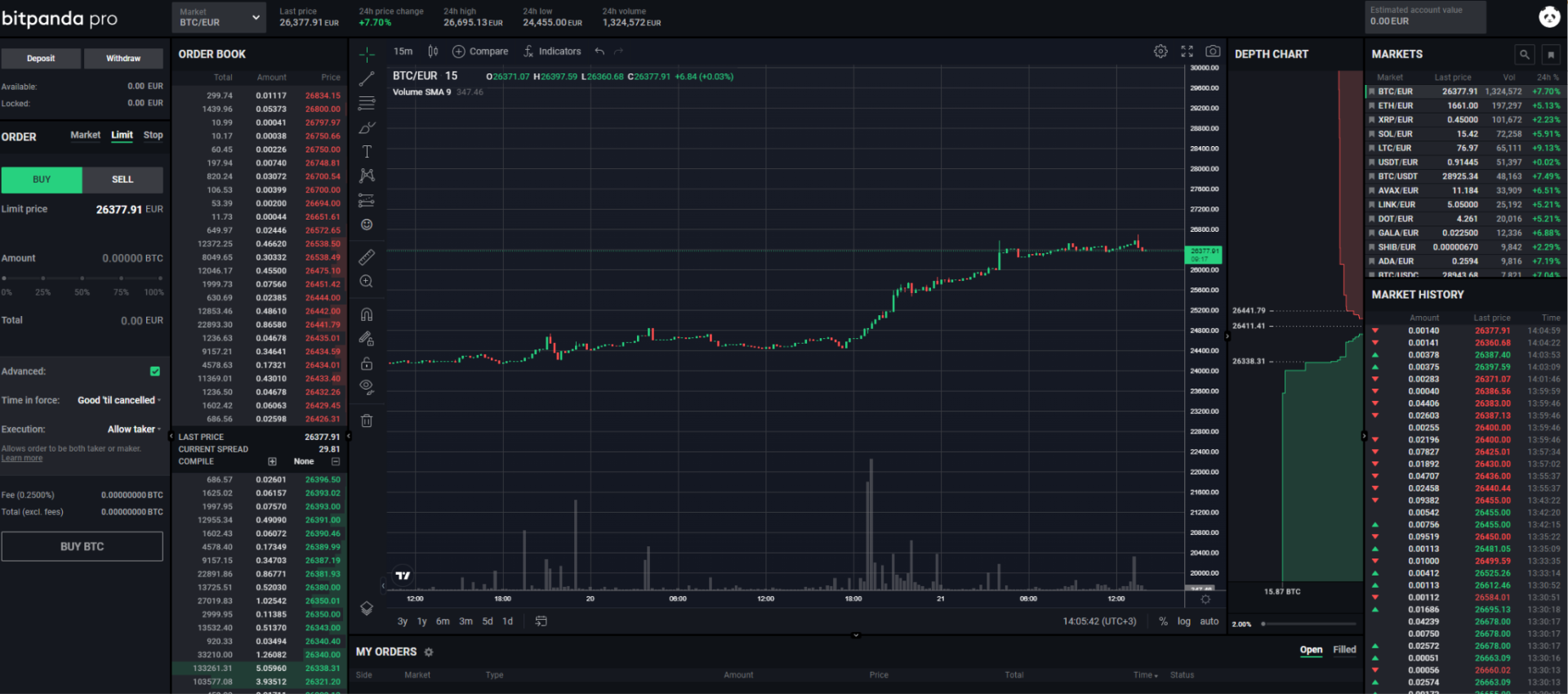
For crypto enthusiasts, Bitpanda Pro offers over 20 digital assets to trade. Aside from cryptos, traders can access numerous other investment products on the basic Bitpanda platform such as stocks, ETFs, commodities, metals, leveraged tokens, and even the first crypto index. What is most important to note about trading on Bitpanda, is that the trading pairs are settled in EUR rather than USDT.
The main trading on Bitpanda Pro happens without leverage. Due to strict regulatory compliance, offering high-leverage products is nearly impossible. However, Bitpanda still found a way to offer leverage trading through leveraged crypto tokens. Crypto enthusiasts can long and short BTC, ETH, DOT, and ADA with a leverage of 2x. The trading fees on Bitpanda are 0.25% for makers and takers and do not differentiate between spot and leverage trading. What we like most about Bitpanda is its user-friendly interface. It is very easy to navigate through the trading terminal, making Bitpanda a good choice for beginners.
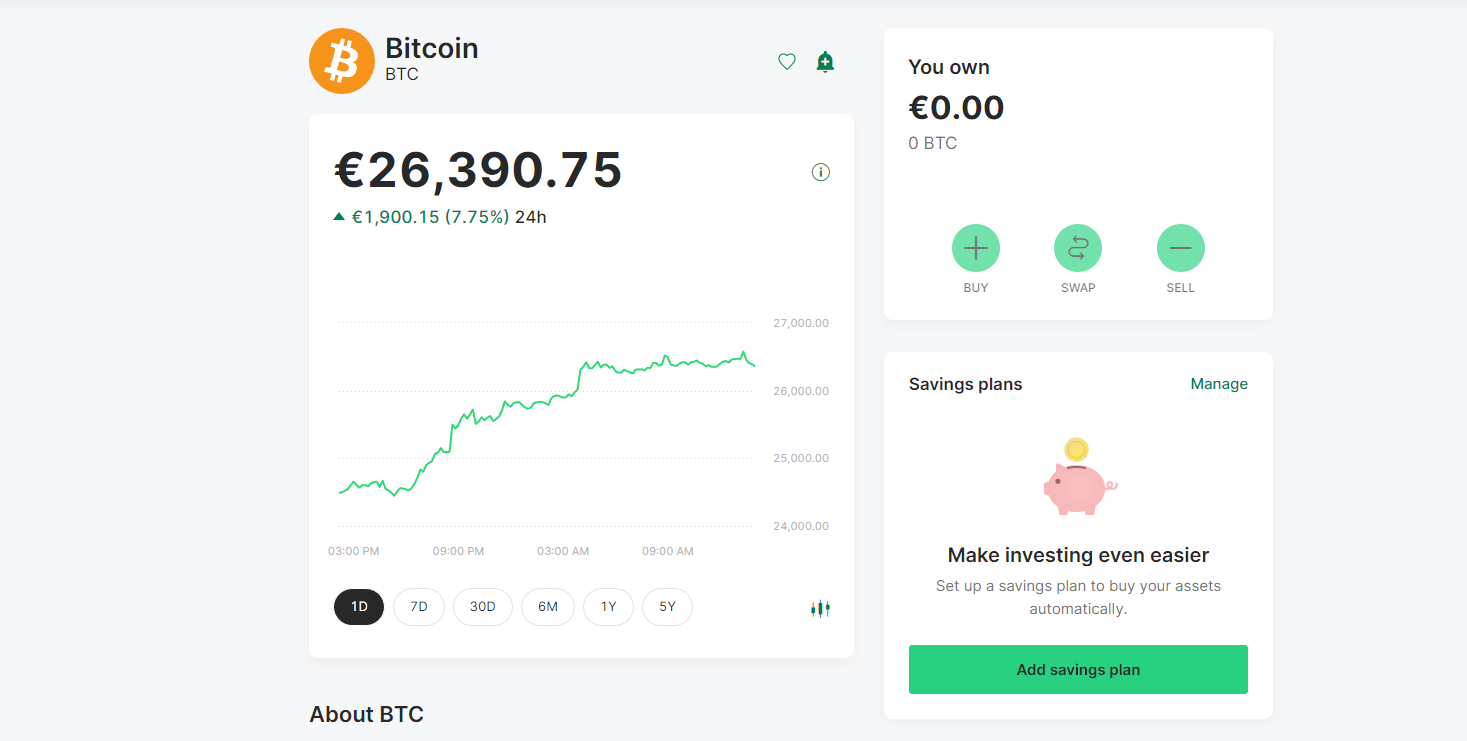
Binance supports over 380 cryptos on the spot market and over 260 on the futures market. The average daily trading volume is over $30 billion. Traders can buy and sell cryptos with a margin of up to 10x on the spot market, and up to 125x leverage on the futures market. With low spot fees of 0.1% for makers and takers and futures fees of 0.02% for makers and 0.04% for takers, Binance has some of the lowest trading fees in the crypto space. There are even ways to reduce your fees further, which we will cover in the next section which focuses on fees.
One major critique point about Binance is the interface. As Binance has so many products, features, and services, navigating through the dashboard can be confusing, especially for new traders.
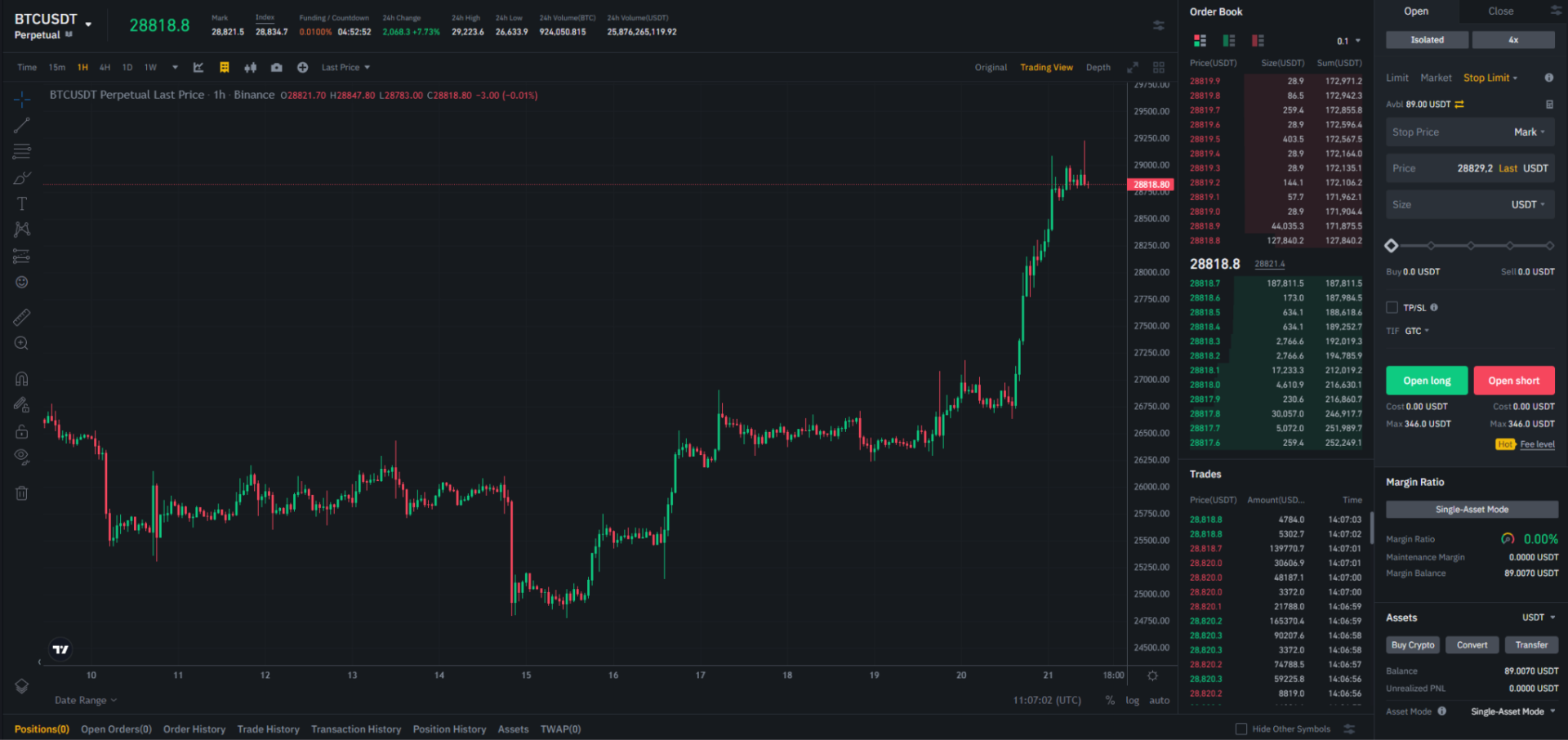
If you are looking for a serious trading platform that focuses on cryptos while offering low fees and some of the most advanced features, Binance is the way to go!
If you are new to crypto trading and you just want to get a feel for the market. Bitpanda might be better for you.
Fees
The fees on Bitpanda and Binance differ a lot. Bitpanda charges a default fee of 0.25% for all trading types which is fairly high. Based on your 30-day trading volume, you can reduce your Bitpanda trading fees. You can check out the official fee schedule of Bitpanda here.
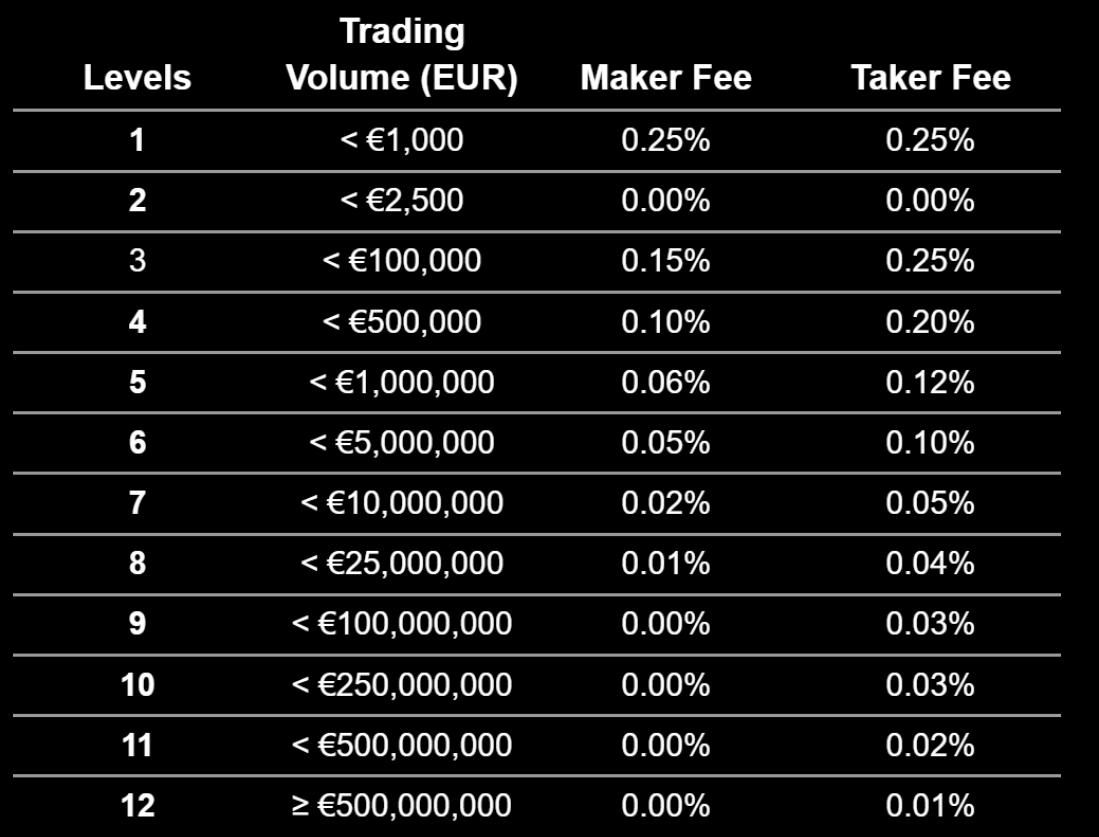
Binance charges a base fee of 0.1% (maker and taker) on the spot market. However, by holding the BNB token, you can reduce your spot trading fees by 25%, leaving you with 0.075% spot fees.

On the futures market, Binance charges 0.02% maker and 0.4% taker fees. Again, when holding the BNB token, you can reduce your fees by 10%. You can check out the full fee schedule of Binance here.

In terms of trading fees, Binance is the clear winner. With lower fees and larger discounts, Binance is the best choice for retail traders.
Services, Products & Features
Bitpanda stands out with its broad offer of investment assets. You can even invest in the first real crypto indices.
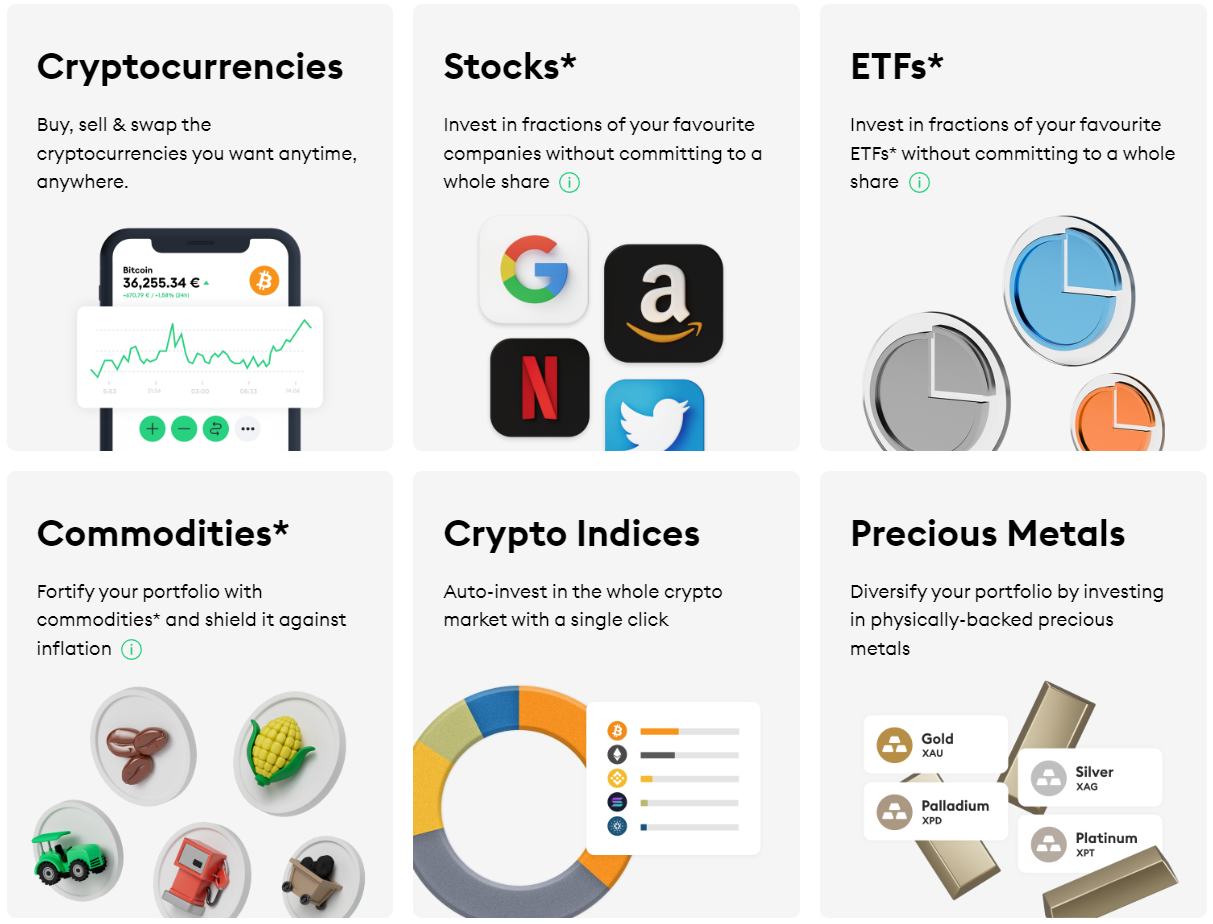
With the Bitpanda card, you can even spend your cryptos without having to cash out. Simply put cryptos into your Bitpanda wallet and start spending money with the Bitpanda Visa Crypto Card.
Unfortunately, there are earn and finance products such as staking, mining, etc. available on Bitpanda. However, you can create a savings plan where you will automatically purchase assets according to your set plan.
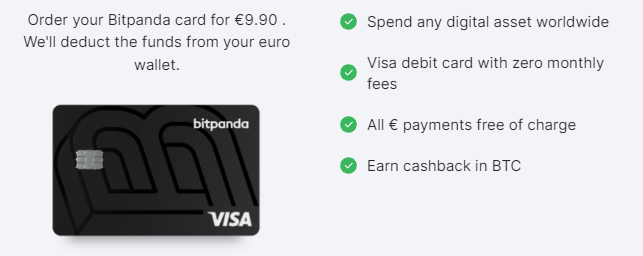
If you want to trade from anywhere in the world, Bitpanda offers you a phone with all basic features such as buying and selling. The app is well-designed and yet again very user-friendly. With 1 million downloads and a 3.5 out of 5-star rating, the Bitpanda app seems to be a decent choice.
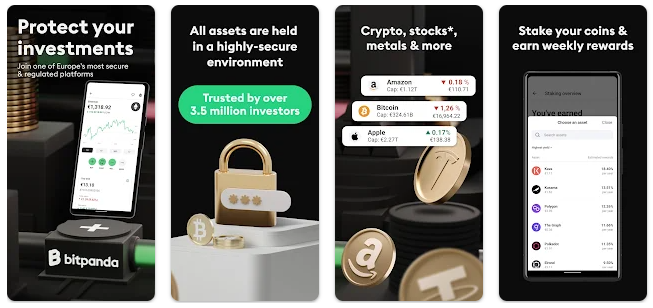
While Binance has no stocks, indices, or commodities, Binance has the reputation of having the most crypto-related products and features. When going over all available products, you will quickly notice that Binance has a lot to offer. With many ways to earn passive income in the “Binance Earn” section such as staking, mining, liquidity providing, automated range trading, auto investing, and more, it is hard for Bitpanda to keep up with Binance.
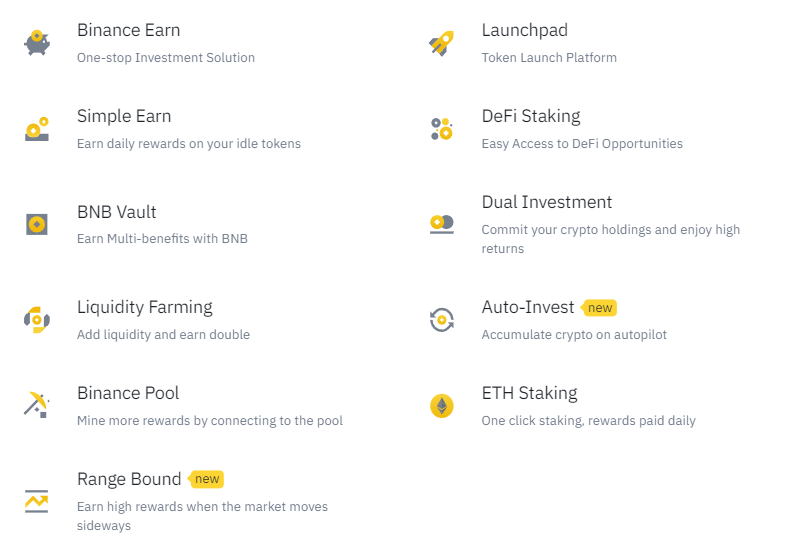
Similar to the Bitpanda Visa card, Binance offers its own crypto card which you can use online and in-store. You can even receive up to 8% cash back on purchases with your Binance card. Additionally, Binance has a payment system called “Binance Pay” and you can even get instant crypto loans on Binance.

Due to the massive NFT hype, Binance even integrated a comprehensive NFT marketplace, where crypto enthusiasts can buy and sell non-fungible tokens.
For traders that want to make transactions from the get-go, Binance offers their mobile app for iOS and Android. With a 4.4 out of 5-star rating and over 50+ million downloads, the Binance app is the number 1 app in the crypto space. What we like most about the Binance app is the “Lite” feature which is very user-friendly. Experienced traders can turn on the regular version to access more advanced features.
Bitpanda vs Binance Signup & KYC
The signup process on Binance and Bitpanda is slightly different. While you can get started on Binance with just an email or phone number and a strong password, Bitpanda also asks for your country of residence and legal name.
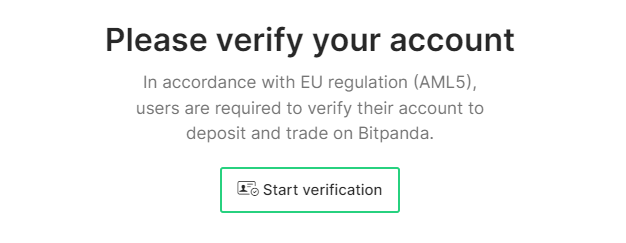
After registering on Bitpanda you are also prompted with 5 questions:
- What is the origin of funds you intend to invest on Bitpanda?
- What best describes your employment status?
- What is your monthly net income in euro?
- What is your rough net worth (including digital assets)?
- What is your expected total investment per year (including crypto deposits)?
Then, you must verify your identity so that you can deposit and trade on Bitpanda. You must submit your address, date of birth, and phone number and verify your phone number with a 4-digit code. Lastly, you must submit either your Passport or ID.
Note, that you will need a camera and microphone to verify your identity as it happens in a live video call with someone from the IDnow team which is a third-party verification company that Bitpanda partnered with. If your computer does not have a camera or microphone, you can use your phone.
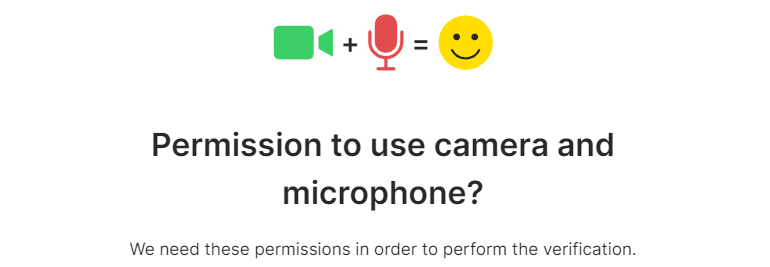
After signing up on Binance, you must verify your identity so that you can start depositing and trading. You will need an identity document (ID, Passport, or Driver’s License) and a facial recognition device. No microphone is required. The verification process on Binance is simple and usually just takes 15 minutes.
Deposits and Withdrawals
Deposits
Both exchanges offer crypto deposits free of charge.
For FIAT deposits, Bitpanda only supports EUR, GBP, CHF, and PLN. The supported payment methods are SEPA, Visa/Mastercard, Skrill, and Netller. The fees range between 1.8% for cards up to 3.6% for Netller and Skrill. SEPA transfers take 1-3 working days, while the other payment methods are processed immediately.
Binance on the other hand supports FIAT deposits in 40 different currencies, including EUR, GBP, AED, AUD, CHF, and more. The supported payment methods are SEPA, Swift, Advcash, and Visa/Mastercard, and the fees range between 1€ (for SEPA) and can be as high as 4%, depending on your local currency and payment method. Binance offers a wide variety of FIAT currencies and you should find what you are looking for.
Withdrawals
First of all, both exchanges offer crypto withdrawals for all major currencies. Binance offers BTC withdrawals through the BTC main chain for fees of $2.9, but you can also use the Binance Smart Chain which only costs $0.11 and makes BTC withdrawals on Binance very affordable.
Bitpanda offers crypto withdrawals through the Bitpanda wallet. Unfortunately, Bitpanda is charging extra fees for crypto withdrawals aside from the standard network fees. The minimum withdrawal limit is 25€ and the fee is 5€ + network fees.
Binance and Bitpanda both support FIAT withdrawals. Bitpanda supports 5 different FIAT currencies for withdrawals while Binance supports 40. The FIAT withdrawal methods and fees are the same as the deposit methods.
Security
Both exchanges appear to be safe and secure, but one stands out with regulatory compliance. Bitpanda takes regulations very seriously and is a fully licensed trading platform and has never been hacked.
Binance on the other hand is mostly unregulated and got into trouble with some countries such as Germany and France.
In terms of customer asset protection, both platforms store customer funds in cold storage, which are wallets that are not connected to the internet.
Binance even provides full proof of reserves which are updated every month. Bitpanda is regularly audited by KPMG to make sure that their reserves are properly managed too.
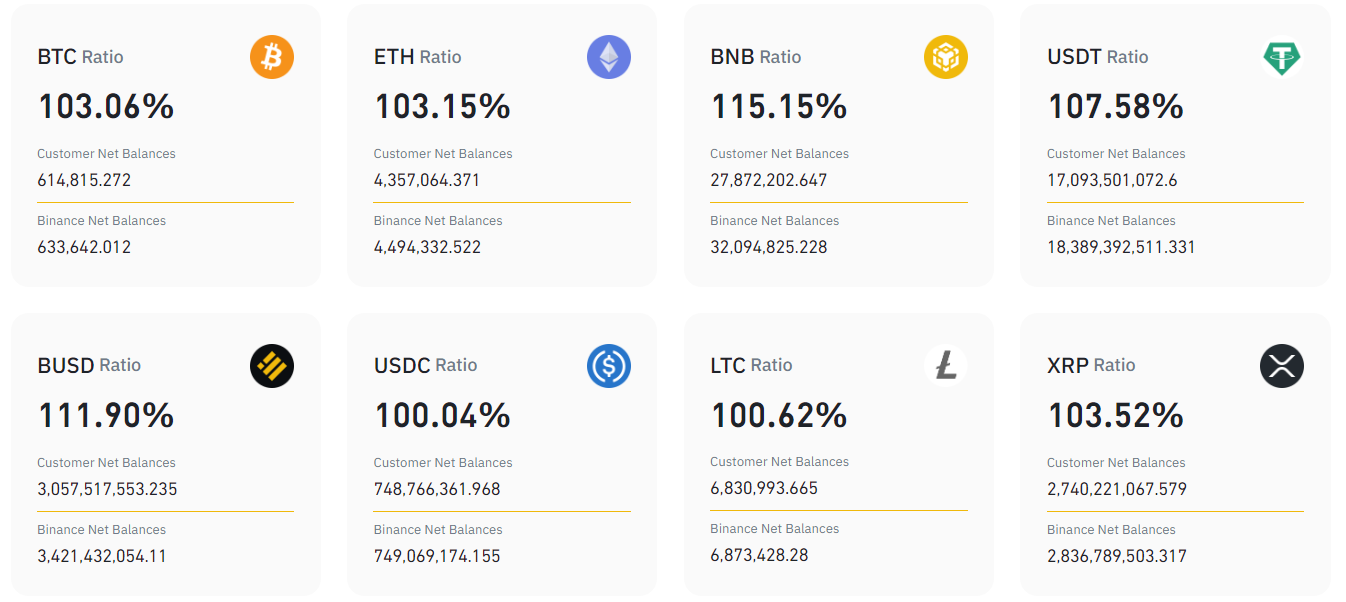
Where Binance stands out most is the security fund. With the SAFU fund being worth over $1 billion, Binance has the largest customer protection fund in the whole crypto space.
Aside from company security, you can add account security layers such as Google Authenticator, SMS verification, anti-phishing code, and more.
Customer Support
Unfortunately, Bitpanda does not offer 24/7 live chat. You have to submit a ticket to the help center. The response time is up to 24 hours which makes the support process rather slow.
Binance offers 24/7 multilingual live chat support with an average response time of 3 minutes. The support staff is always nice and helpful and can solve your queries quickly. Furthermore, Binance has a comprehensive self-help center with thousands of frequently asked questions covered in detail.
Is Bitpanda Better than Binance?
While Binance is superior to Bitpanda, there are a few cases where Bitpanda is the right choice.
Bitpanda is perfect for you if:
- You care most about regulations and compliance
- You are a complete beginner
- You care about ease of use
- You are not serious about trading
- You don’t mind paying high fees
However, if you are serious about trading, we highly recommend you check out Binance. With some of the lowest fees, a large number of cryptos, great liquidity, advanced features, and a comprehensive futures market, Binance is your best choice. Furthermore, Binance has many crypto-related products aside from trading to make passive income with staking, mining, liquidity providing, and more.
Due to low trading activities, low volume, and poor liquidity, day traders should stay away from Bitpanda. If you want to learn more about the best crypto trading platforms for day trading, you can check out our full guide here.
You can learn more about both platforms in our full Binance review and Bitpanda review.

